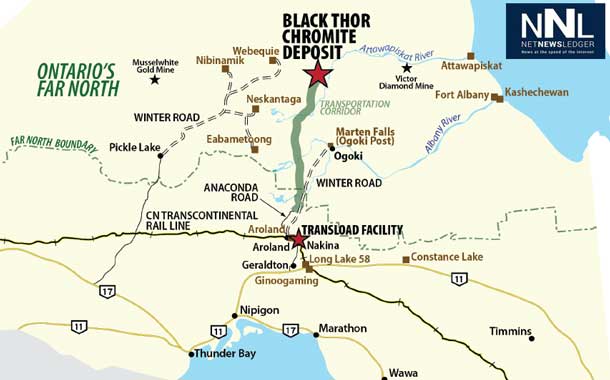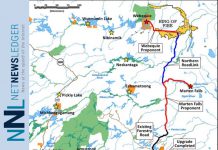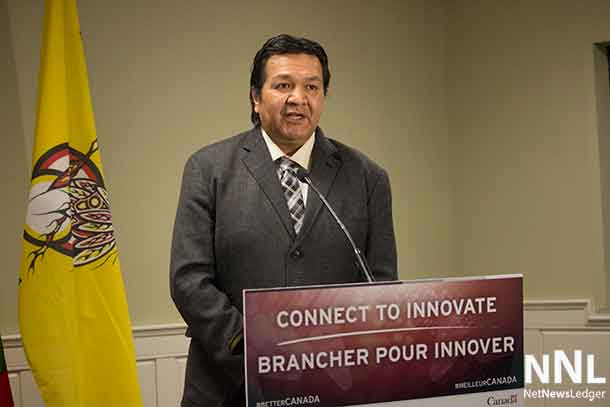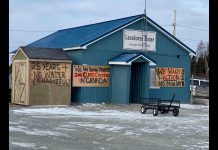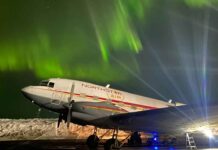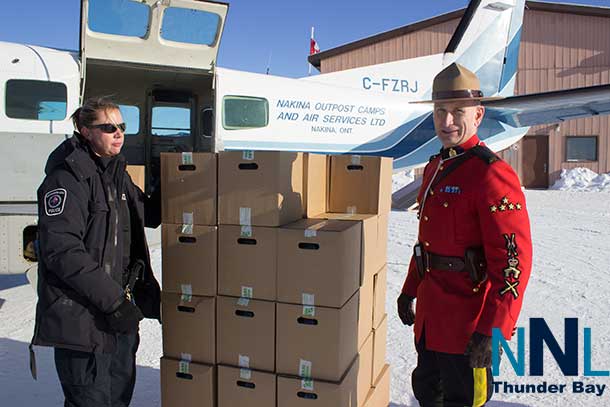

THUNDER BAY – Solving the issue of safe drinking water has been a promise that the federal Liberal Government has promised. There are thirty-seven communities across Northern Ontario who are faced with Boil Water Orders. Neskantaga First Nation has been under a Boil Water Advisory since 1995. Marten Falls or Ogoki Post has been under a Boil Water Advisory since 2005.
Reality is that in some communities, what is a simple reality for most Canadians, turning on the tap and having a drink of water has never been something people in these communities have ever been able to do. In Neskantaga, it has been twenty years, in Marten Falls it has been ten years.
Over the ensuing time period, changes in technology have allowed for new solutions for water filtration. The solution across Northern Canada however appears to have been left to flying in bottled water, or having boil water advisories.
Solutions have been promised
Under the former Conservative Government, the Ministry of Aboriginal Affairs and Northern Development Canada has spent $2.3 million shipping bottled water to Ogoki Post / Marten Fall since 2005. The bottled water, flown by air from Thunder Bay to the community has been at a cost of about $10,000 per week. During the RCMP Toys for the North trip in 2014, Nishnawbe-Aski Police and the RCMP unloaded a plane full of bottled water in Marten Falls.
Bottled water is expensive to ship, and depending on weather conditions – especially in the winter – can run out quickly.
In northern communities across Ontario, the cost of bottled water is expensive.

Marten Falls or Ogoki Post has been under a Health Canada ‘Boil Water Advisory’ since that order was given in 2005. The total for shipping in water has topped $2.3 million.
Minister Valcourt said in February that the Ministry was providing a solution. That solution appears not to have been implemented.
“In 2014-2015, our Government is providing Marten Falls First Nation with $304,857 for the operation and maintenance of its water and wastewater systems, in addition to $327,001 in infrastructure minor capital funding,” stated Minister Valcourt.
“Our Government has also committed to funding the design of a new water treatment plant over two years,” added the Minister. “On January 12, 2015, the First Nation submitted its Design Application Request (to access funding for design of the water treatment plant upgrades). We are currently reviewing this Design Application Request”.
“First Nations are owners of their water and wastewater systems and are responsible for their daily operation and management,” concluded the former Minister. “Our Government provides funding and advice to First Nations in the design, construction, operation and management of their water and wastewater services”.
Across Canada, there are many First Nation communities that required what for many of us are basic human needs. For many people across Canada, helping in third world countries becomes a holiday season focus. Perhaps in 2015, along with the Liberal Government which has promised solutions for Canada’s Indigenous communities, what we need are people stepping up as well offering needed help and support.
The total issue of life in Northern Communities is one of higher costs.
Electricity costs more in the north, most far north communities are not on the Ontario Power Grid. They are powered by diesel powered generators. The cost of flying diesel fuel into the communities to power the generators impacts all of the costs of food, of heating, and increasingly with climate change in the summer for air conditioning.
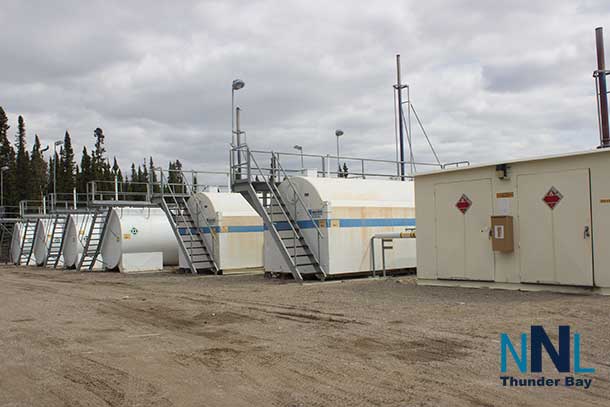
The costs impact grocery prices. So does distance from major hubs. In the winter, there can be a short respite where residents can drive out on the Northern Winter Roads. However that time frame is not long.
High food prices in the north are often blamed on the Northern Store. However the real culprit is the cost of energy and transportation.
There are solutions, some of which are being explored. Others which are not likely to result in speedy change.

